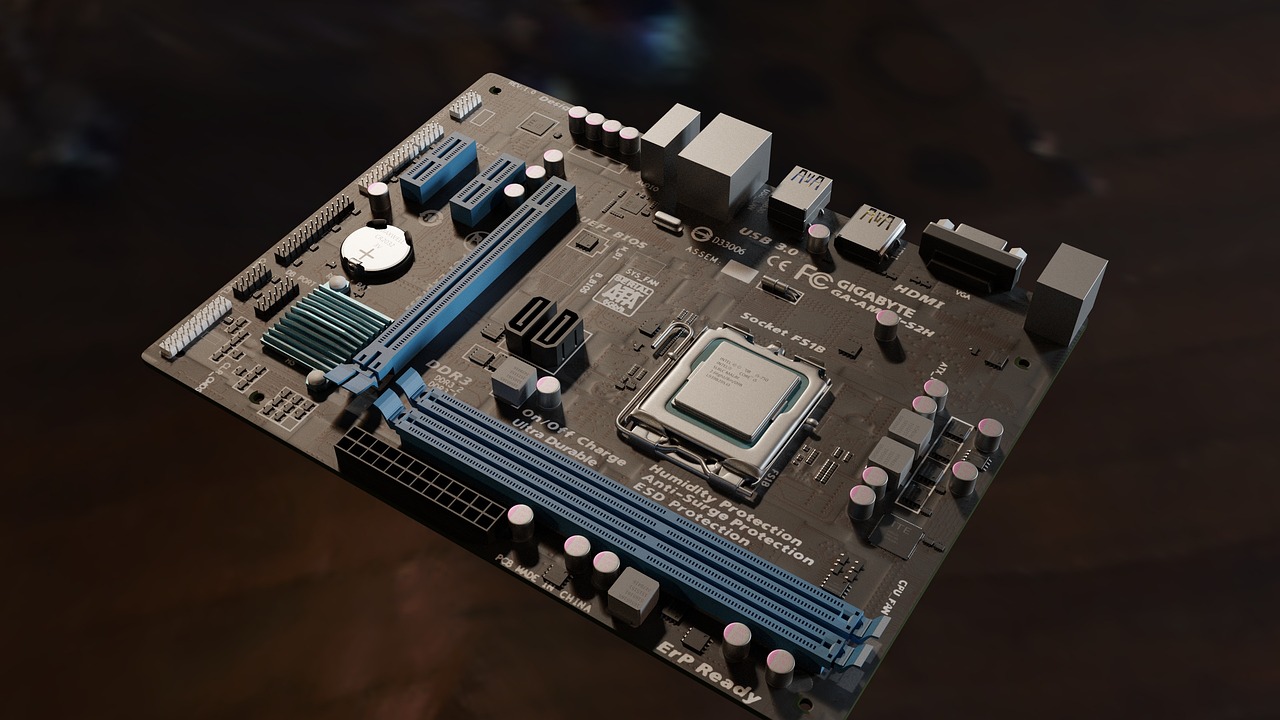Tech Innovations in Renewable Energy Storage Solutions
Lithium-ion batteries have become a prevalent choice for energy storage due to their high energy density and long cycle life. Researchers are continually exploring ways to enhance the performance of these batteries by optimizing electrode materials and electrolytes. These advancements have led to improved efficiency and reliability in applications ranging from portable electronics to electric vehicles.
In addition to lithium-ion batteries, solid-state batteries are emerging as a promising alternative with potential benefits such as enhanced safety and energy storage capacity. By replacing the liquid electrolyte with a solid material, these batteries offer increased stability and reduced risk of thermal runaway. As research in this field progresses, solid-state batteries could revolutionize the energy storage landscape with their ability to store more energy in a smaller footprint.
• Lithium-ion batteries are popular for their high energy density and long cycle life
• Researchers are working on optimizing electrode materials and electrolytes to enhance battery performance
• Advancements in lithium-ion batteries have improved efficiency and reliability in various applications
• Solid-state batteries are gaining attention as a promising alternative to lithium-ion batteries
• These batteries offer benefits such as enhanced safety and increased energy storage capacity
• By replacing the liquid electrolyte with a solid material, solid-state batteries provide increased stability and reduced risk of thermal runaway
As research continues in the field of battery technology, both lithium-ion and solid-state batteries hold great potential for revolutionizing energy storage. With ongoing advancements, these technologies could lead to more efficient and reliable energy storage solutions for a wide range of applications.
Harnessing the Power of Artificial Intelligence in Energy Storage Systems
Artificial intelligence (AI) has revolutionized the field of energy storage systems by enabling more efficient monitoring and optimization of battery performance. With AI algorithms, these systems can analyze data in real time, predict usage patterns, and adjust operation settings accordingly to maximize energy output while prolonging battery life. By constantly learning from new data inputs, AI helps in making smart decisions that improve overall efficiency and reliability in energy storage solutions.
Moreover, AI plays a crucial role in enhancing the safety and security of energy storage systems by detecting potential malfunctions or abnormalities in battery operation. Through continuous monitoring and analysis of various parameters such as temperature, voltage, and current, AI can quickly identify any issues and initiate appropriate actions to prevent potential hazards. This proactive approach not only ensures the longevity of the batteries but also minimizes the risk of unexpected failures, thus contributing to a more sustainable and reliable energy storage infrastructure.
The Role of Microgrids in Renewable Energy Storage Solutions
Microgrids play a crucial role in the efficient storage and distribution of renewable energy. By creating localized energy systems that can operate independently or in conjunction with the main grid, microgrids help optimize the utilization of renewable energy sources such as solar and wind power. This ensures a stable and reliable energy supply, especially in areas prone to power outages or with limited access to centralized grids.
Moreover, microgrids contribute to a more resilient and sustainable energy infrastructure by allowing for the integration of various energy storage technologies. This flexibility enables microgrids to store excess energy produced during periods of high generation and distribute it during peak demand times, thereby reducing strain on the main grid and helping to balance the overall energy load. As the demand for renewable energy continues to grow, the role of microgrids in enhancing energy storage solutions becomes increasingly important in promoting a greener and more efficient energy landscape.
What are microgrids and how do they play a role in renewable energy storage solutions?
Microgrids are small-scale localized grids that can operate independently or in conjunction with the main power grid. They play a crucial role in storing and distributing renewable energy generated from sources like solar panels or wind turbines.
How do advancements in battery technology contribute to energy storage solutions?
Advancements in battery technology have led to the development of more efficient and cost-effective energy storage solutions, allowing for better integration of renewable energy sources into the grid.
How can artificial intelligence be used in energy storage systems?
Artificial intelligence can optimize energy storage systems by analyzing data to predict energy demand, manage grid fluctuations, and maximize the efficiency of renewable energy storage solutions.
What are the benefits of using microgrids in renewable energy storage solutions?
Microgrids can enhance grid reliability, reduce energy costs, and increase the overall resilience of the energy system by providing localized power generation and storage capabilities.





